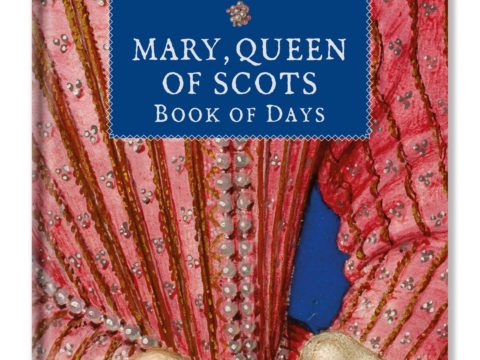Essex Rebellion
Chapter 4 : Ireland
Irish matters led to fresh dissension between Cecil and Essex. A new Lord Deputy was needed and Cecil proposed Sir William Knollys, Essex’ uncle. This was taken by Essex as a device to send one of his supporters in the Council away. Essex again chose to show his displeasure to the Queen by leaving court.
Eventually, the dispute was resolved by appointing Essex himself, and he embarked on 27 March 1599, with a larger army than had ever been sent into the Netherlands.
Ireland was to be Essex’ nemesis, as it had been for his father before him, and so many others. England was determined to control the sister island, and having more or less kept it in subjugation during Middle Ages and early Tudor period, the Reformation had now created an enormous divide. The Anglo-Irish nobility (descendants of the Norman lords who had extended the conquest of England west into Wales and Ireland) had exerted control over part, but not all, of the island. They had intermarried with the native Irish and been strongly influenced by Gaelic culture.
Outside the area controlled by the Anglo-Irish, the native Irish chieftains still held sway. The English government sent a series of Lords Lieutenant, or Lords Deputy, (the names differ but the role was essentially the same) to try to bring the whole island into line, but with limited success. With the advent of the Reformation, a new area of conflict was thrown into the mix as neither the Anglo-Irish, nor the Irish were willing to accept Protestantism.
Ulster, which had never been fully controlled by the English had, since 1591, been in arms against further English expansion, supported financially and politically by Spain and led by the Gaelic chieftain, Hugh O’Neill, Earl of Tyrone, and his ally, Hugh O’Donell of Tyrconell.
Essex was now charged with controlling an almost uncontrollable situation. Unfortunately, he did not follow the orders he was given. This might be excusable in relation to military matters on the ground, where London could not know the facts, but the promotion of his friend, the Earl of Southampton, to a military command and the creation of knighthoods for others was against express orders.
Owing to logistical difficulties, the men and supplies Essex needed were not forthcoming. He was also profligate with the men and money he had, whilst failing to make any headway against the rebels (as the English saw them). As a result, he made a truce with O’Neill which he knew would render the English government furious. Fearing that his enemies were plotting against him, and in order to pre-empt an embarrassing recall, he again disobeyed orders to remain in Ireland and set out for England in September 1599.
